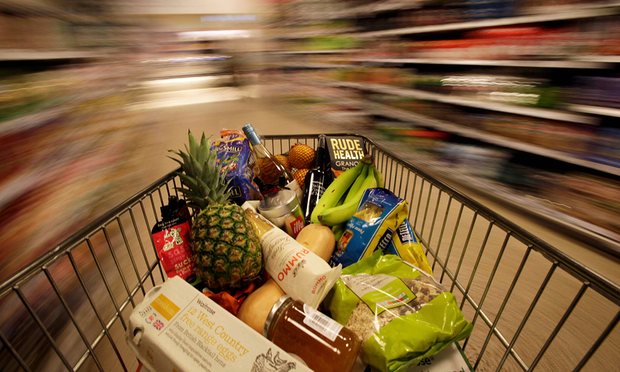The landing cost of Premium Motor Spirit (PMS), commonly known as petrol, has surged by 46.8% year-on-year (YoY) from N545.83 per litre in May 2023 to N1,026.71 per litre in May 2024.
This sharp increase is attributed to a combination of escalating foreign exchange rates and rising crude oil prices in the international market.
The National Bureau of Statistics (NBS) has reported a national average retail price for petrol of N701.24 per litre in April 2024, a 176.02% YoY increase from N254.06 per litre in April 2023.
This escalation in fuel prices has had a ripple effect on the cost of living, with transportation expenses soaring and subsequently driving up the prices of goods and services across the country.
The breakdown of the total cost reveals that additional charges, including port-related fees, transportation logistics, and marketers’ margins, push the delivery cost at filling stations to nearly N1,052.39 per litre.
This development contradicts the federal government’s claims of having scrapped fuel subsidies under President Bola Tinubu’s administration.
According to sources within the oil marketing sector, the outlook for June is grim, with expectations of further increases due to worsening forex scarcity and a deteriorating exchange rate, which currently stands at N1,510 to a dollar—a significant differential of N458.71 per litre from the previous year.
Oil marketers have voiced concerns over the unprofitability of importing petrol at the current pump prices.
The transactional analysis of a major operator, as reviewed by Energy Vanguard, shows that marketers are paying N1,052.39 per litre as the total direct cost.
This figure includes costs such as freight, port charges, and various levies, which have all been exacerbated by rising crude oil prices.
The International Monetary Fund (IMF) has weighed in, suggesting that the Nigerian government has effectively resumed subsidy payments through price caps at retail stations.
The IMF has recommended that the government completely halt subsidy payments to free up funds for critical programs and alleviate the fiscal burden on the state and federal budgets.
Mr. Robert Dickerman, Managing Director/CEO of Pinnacle Oil, highlighted the adverse effects of the subsidy regime.
He stated, “Nigeria is currently paying about N1 trillion monthly in petrol subsidies. This subsidy makes gasoline in Nigeria the cheapest in Africa, encouraging smuggling to neighboring countries and depriving Nigeria of valuable resources.”
The situation is exacerbated by the volatility in the international oil market, which discourages further importation and investment.
The Nigerian National Petroleum Company Limited (NNPCL) remains the sole importer of PMS, underscoring the market’s instability and the challenges faced by private marketers.

 Naira1 week ago
Naira1 week ago
 Naira4 weeks ago
Naira4 weeks ago


 Naira2 weeks ago
Naira2 weeks ago
 Naira4 weeks ago
Naira4 weeks ago






 Naira4 weeks ago
Naira4 weeks ago






 Naira3 weeks ago
Naira3 weeks ago






 Naira6 days ago
Naira6 days ago




 Naira3 weeks ago
Naira3 weeks ago
















